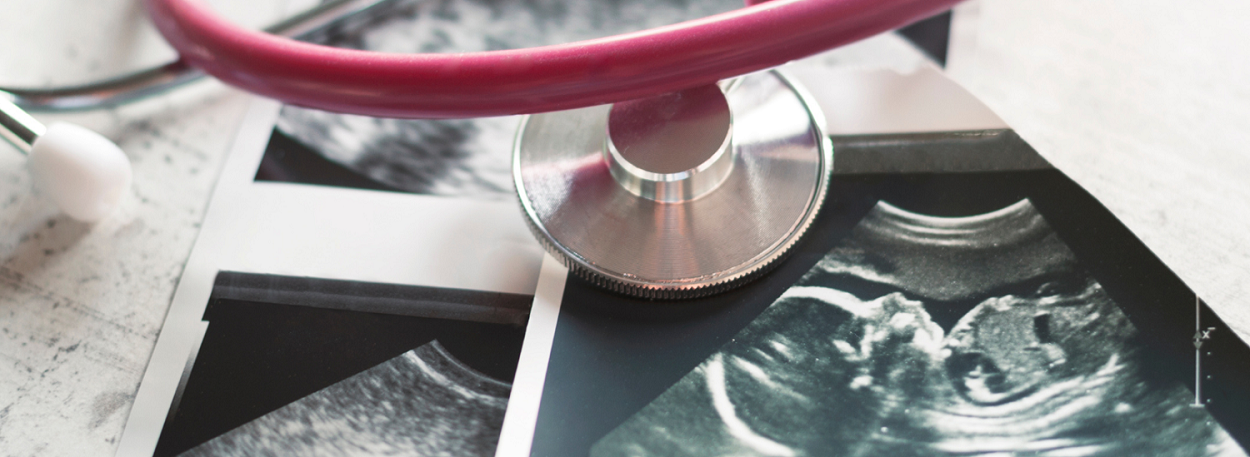
- Augusta University
- Centers & Institutes
- Georgia Prevention Institute
- vidaRPM |GPI
- Blood Pressure - Pregnancy & Postpartum
vidaRPM | Blood Pressure - Pregnancy & Postpartum
What's Your Blood Pressure?
Blood pressure is the pressure of circulating blood against the walls of blood vessels. A mother's blood pressure is an important measurement in pregnancy and after the baby is born. Blood pressure during pregnancy can determine how your pregnancy is managed, the potential timing of delivery, and signal complications with mother and with baby. Some women have high blood pressure during and after pregnancy, this can be a sign of preeclampsia and will need to be closely monitored by your medical care team. With reasonable blood pressure control, you and your baby can remain healthy.
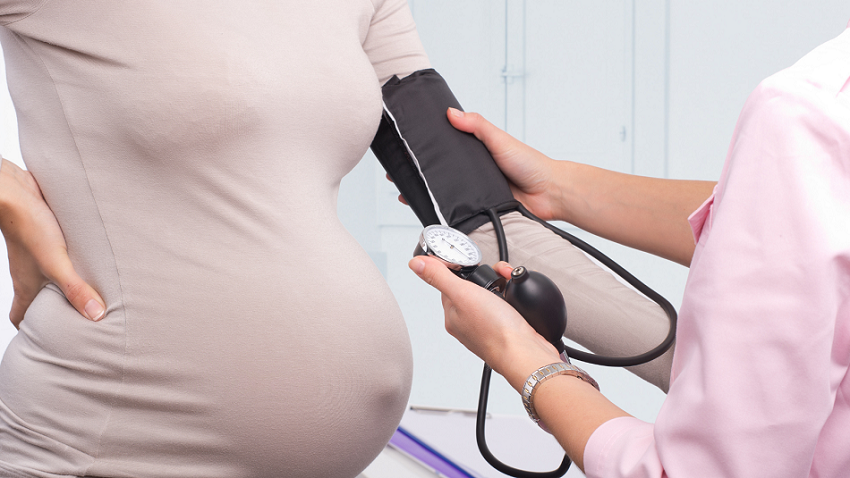
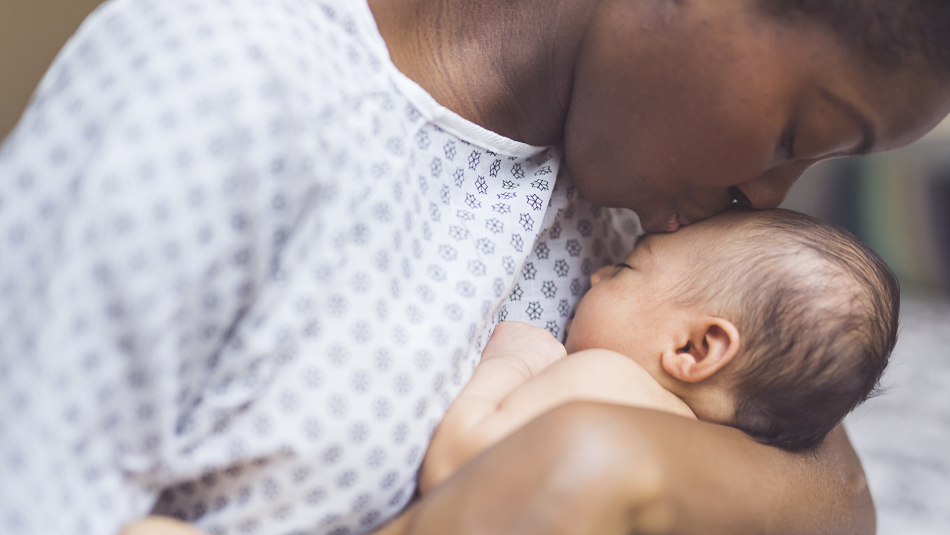

High Blood Pressure During Pregnancy Health Education Powerpoint vidaRPM Participant Login
High blood pressure complications during pregnancy
Complications from hypertension for the mother include:
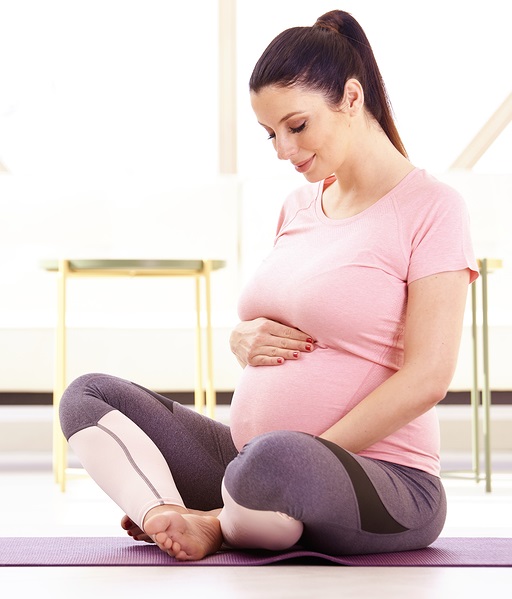
- Preeclampsia
- Eclampsia (seizures)
- Stroke
- The need for labor induction
- Placental abruption (when the placenta separates from the wall of the uterus)
Complications for the baby include:
- Preterm delivery (before 37 weeks of pregnancy)
- Low birth weight (less than 5 pounds, 8 ounces)
Causes of high blood pressure
Primary hypertension and secondary hypertension are the two types of high blood pressure.
With primary, there is no identifiable cause; it naturally develops over time. With
secondary, hypertension is caused by an underlying condition or a medication. Obstructive
sleep apnea, thyroid issues, kidney conditions, adrenal gland tumors, congenital disabilities
in the blood vessels, alcohol abuse, and cocaine or amphetamine use can all lead to
secondary hypertension.
Risk factors include:
A lack of physical activity
Tobacco use
High levels of sodium
Low levels of potassium
Low levels of vitamin D
Excessive alcohol consumption
Stress
Kidney disease
Hypertension is a manageable condition under the supervision of a licensed medical professional.
Monitoring Your Blood Pressure
You can monitor your blood pressure at home using an at-home arm cuff machine/monitor and following the manufacturer’s instructions. Take and record your blood pressure readings twice a day and share them with your medical team. If any of your readings fall outside the normal range, take action.
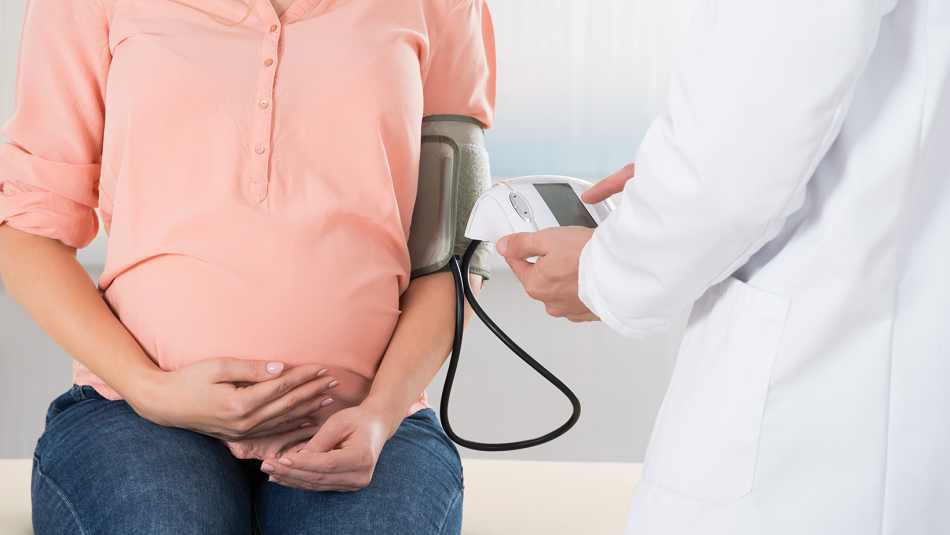
HEALTH CARE DISCLAIMER: This program, related materials and services do not constitute the practice of medical advice, diagnosis or treatment. The quality of an at home reading is dependent on both the method and equipment. Always talk to your health care provider for diagnosis and treatment, including your specific medical needs. If you have or suspect that you have a medical problem or condition, please contact a qualified healthcare professional immediately. If you are in the United States and experiencing a medical emergency, call 911 or call for emergency medical help immediately.
If you would like to find out how you can monitor your health, contact us today!